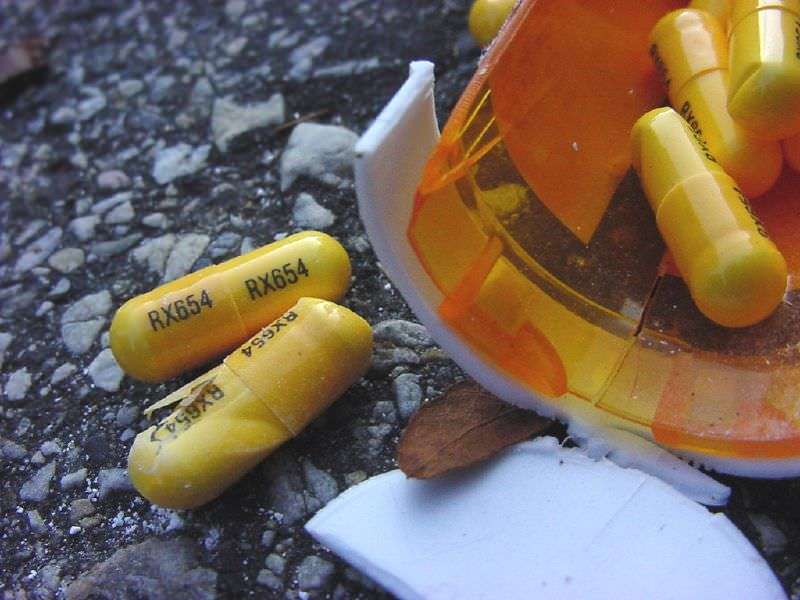Trans Pacific Partnership Controversy Over Drugmaker Protection: Too Much or Too Little?
Today The Washington Post reports on what they think could be potentially derailing fights over whether the intellectual property protection for certain drug makers is either too much or too little in the Trans Pacific Parternship (TPP) trade agreement:

The pact apparently:
grants at least five years of exclusivity to the makers of next-generation biologic medicines for diseases ranging from cancer to rheumatoid arthritis. That's less than what drug companies enjoy in the United States…
Democratic presidential candidate Hillary Rodham Clinton is worried that the terms provide excessive protections for drug companies and said this week that she now opposes the Trans-Pacific Partnership (TPP). Senator Orrin Hatch (R--Utah), who has been a key GOP backer of Obama's trade agenda, said in a speech this week that he could drop his support partly out of concerns that it provides too little intellectual property protection for drug development…
According to the draft leaked Friday, drug companies will get either eight years of protection or "at least five years" plus an ambiguous amount of extra time due to "market circumstances" that will "deliver a comparable outcome in the market." The language is obtuse enough that some are interpreting it as five years, others as eight. In the United States, those drugs enjoy 12 years of exclusivity…
The "data exclusivity" granted by the deal means that competing companies making biosimilar drugs cannot bring their products to market, which could bring down prices. Patient advocates said that the drug industry won monopoly protections it didn't previously have that will hurt patients' access to drugs. The pharmaceutical industry said anything less than 12 years of protection will stymie innovation….
As with many issues involving legal protection to producers that costs consumers, everyone thinks the policy doesn't do enough to satisfy their concerns.
Executives from major drug companies met with the President on Thursday to express their disappointment in the agreement…
Public Citizen, a patient advocacy group, has argued that the deal is major concession to pharmaceutical companies. Biologics currently do not have any exclusivity protection in many countries, while in others, such as Chile, New Zealand, Singapore and Australia, they only have five years of protection.
"This is a huge win for pharma and a huge loss for us," said Burcu Kilic, a policy director at Public Citizen. "That is why we are quite confused. They won this game; they got five years, and they are building the pathway to eight now -- they are putting the bricks there. Pharma shouldn't play this as, ' We are the losers, we wanted 12 years.'"
Some context on some of the value provided by Big Pharma from Ronald Bailey back in 2001, "Goddamn the Pusher Man: Why Does Everybody Seem to Hate the Pharmaceutical Industry?"
Jesse Walker wrote yesterday of controversies over copyright protections/protectionism in the Trans Pacific Partnership (TPP) trade agreement.


Show Comments (37)